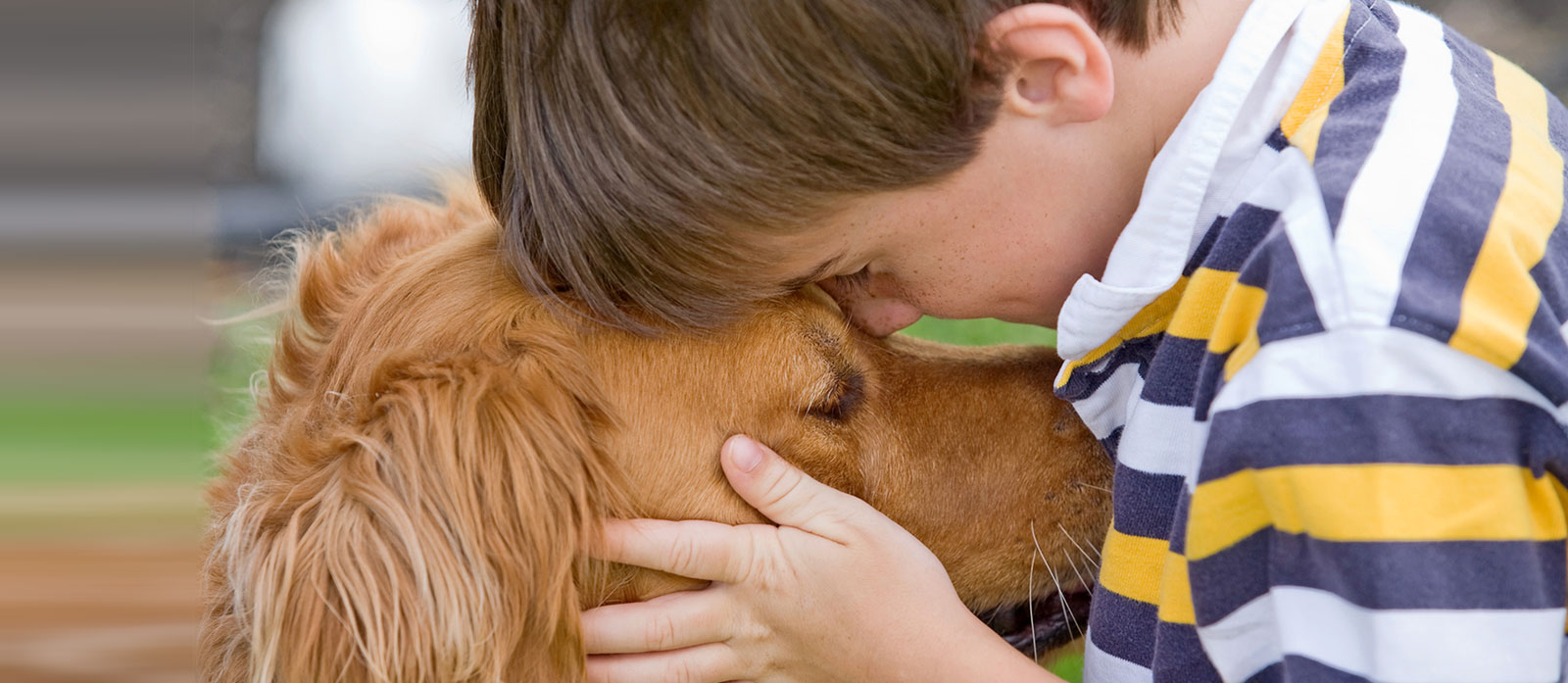
“Helping a child get over the loss of a dog”
– By Dr. Zirak Marker
Losing one’s pet is like suffering the loss of a family member or even worse. Years of unconditional love and joy and happiness that they bring us is suddenly no more.
How do we deal with children who experience this loss? Their emotional and cognitive development play a significant role in their perception, interpretation and understanding of death.
Pre-school children, under the age of five years, are ‘animistic’ – they believe that everything, even an inanimate object, is alive and they are aware of death only in the sense that it is a separation similar to sleep.
Between the ages of five to ten years, children have a developing sense of inevitable human mortality – they fear that their parents may die and that they will be abandoned.
Around nine to ten years, children conceptualise death as something that can happen to a child, a parent or a pet.
At puberty, children are able to conceptualise death as universal, irreversible and inevitable.
Rather than protecting children from it, death should be talked about to avoid creating irrational fears in them. Normal grief can have many symptoms such as crying, weakness, loss of appetite, difficulty in concentrating or academic decline in school, social withdrawal, sleep disturbances and dreams.
Stage I of bereavement is acute despair, numbness and crying.
In stage II there might also be denial, anger, confusion or searching for the pet who has died.
In stage III, there is a phase of disorganisation, and the reality of loss begins to sink in (depending on the age of the child). Younger children may even forget during this stage.
In Stage IV, the child begins to feel like resuming normal life (the detachment phase).
If there is an anticipated loss because of an ailing or old pet, appropriate preparation for the pet’s parting should be made. Comments about going to a better place to sleep/rest or talks about ‘God’s house’ or ‘heaven’ should be encouraged.
Recognition of the child’s need to find a person or sometimes another pet to substitute for the lost one is essential as some children can go through psychological damage due to the loss (same is true during the loss of a parent).
Most child psychologists agree that if a child expresses a desire to go for the funeral, cremation or last rites, the wish should be respected as this might aid in closure.
Parents should encourage children to express and vent their feelings of loss or despair. Talks about the pet should also be brought up often, in a light manner, with fond memories of the happy past.
Putting up a photograph of the pet beside the child’s bed aids in recovery as does putting away the pet’s belongings.
If parents find symptoms of pathological grief which are intense or prolonged, such as constant crying, asking for the pet, inability to sleep or go to school, hearing and feeling that the pet is still alive or being abnormally attached to any of the pet’s belongings – they should immediately seek professional help through a psychiatrist whereby the pain could be eased with counselling, play therapy, psychotherapy, medication and other means.
The best way to deal with this loss is to sit around with the ones who were closest to your pet; talk, laugh, cry and reminisce about each second, minute and moment that you have shared with your special one. Close your eyes, look back and smile… there is nothing better than happy memories to help you and your child deal with this loss.
- Life With a Beagle is Never Boring June 06, 2022
- Is The Beagle the Dog For You? June 02, 2022
- How to Find Pet-friendly Stays May 16, 2022
- Why a Senior Dog Makes such an Easy Pet May 02, 2022
- All you need to know about the Dachshund April 29, 2022
- Thinking of bringing home a second dog? September 13, 2021
- The power of letting the dog choose August 21, 2021
- The Most Spolied Dog In Paris October 01, 2019
- Canine Teach Corporates September 18, 2019
- A Doggy A Day Keeps The Cotor At Bay September 10, 2019
- 15 Best Loved Dog Movies August 31, 2019
- Helping A Child Get Over The Loss Of A Dog August 21, 2019

